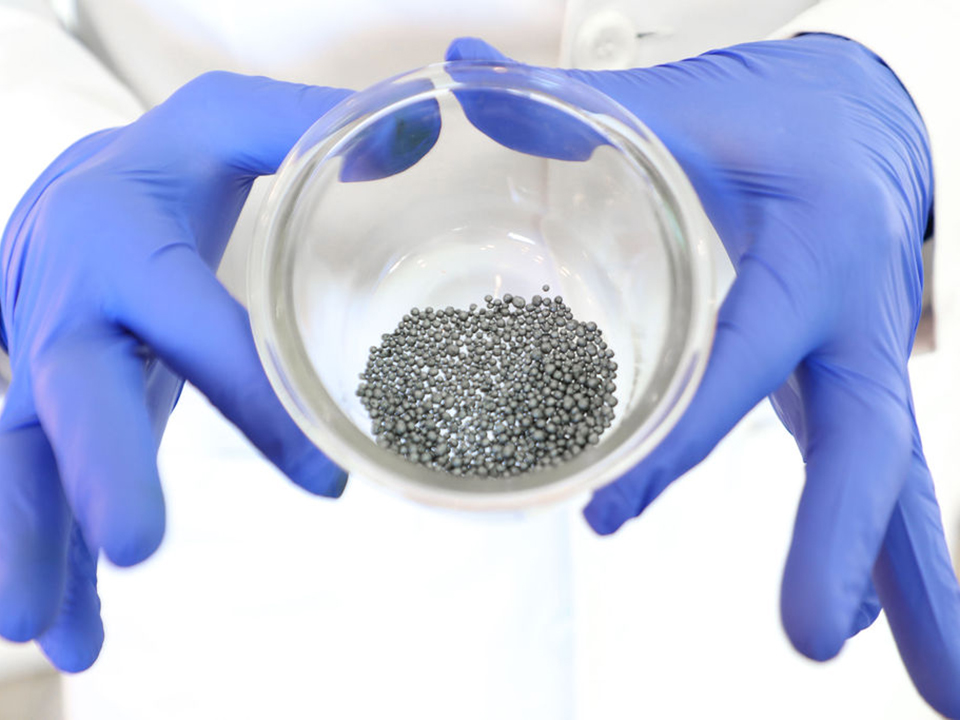Why Iodine Matters
It has been said that of all the factors causing thyroid disease, iodine is not only the most relevant, it is more relevant than all other causes combined.
Low Iodine Diets (LID) have been studied as adjuncts to procedures like iodine uptake scans as well as treatments for chronic thyroid disease.
They have been clinically proven to reverse undefined hypothyroidism, hypothyroidism secondary to Hashimoto’s Thyroiditis, and subclinical hypothyroidism.
The response time ranges from 6-12 weeks and the efficacy rate ranges from 60-80%.
Most studies find that disease reversal starts when iodine intake is lowered below 100 mcg daily. To achieve this goal, all sources of iodine must be accounted for including iodine in:
- Supplements
- Medications
- Food
- Personal care products
People can reverse thyroid disease within several months if they lower their iodine intake. Most who do not experience disease reversal experience partial restoration of thyroid function.
Many for whom the LID does not work were not able to reach the goal due to hidden sources of iodine. Of all hidden sources, the highest amounts come from supplements.
Nearly all multivitamins contain iodine. Countless other supplements also contain iodine. Some have it as a deliberate ingredient, some contain ingredients that are rich sources of iodine.
It is unrealistic for most people to consume under 50 mcg of iodine per day in their diet – it is present in so many foods. If their goal is under 100 mcg per day, any amount in supplements can prevent recovery.
Even supplements that list small amounts of iodine can be problematic due to iodine’s instability. A recent study assayed over 60 supplements to see how closely their actual iodine content correlated with their labeled content. They found that none of the products had amounts within 10% of the labeled values. Many had 2-4 times as much as expected.
Thyroid Specific Formulations is the only product line certified to be completely iodine-free. No products contain iodine or any ingredients in amounts that would yield relevant amounts of iodine. It is safe to use for those following a Low Iodine Diet to improve thyroid function.
Patients on a LID can use any of the Thyroid Specific Formulations products in any combination.
Iodine and Thyroid Function
The relationship between thyroid function and iodine is unlike that between any other organ and nutrient. Either too little or too much can be a problem, and for those prone to thyroid disease, the range between the two is narrow.
When it comes to iodine, there is a difference between how much one requires and how much one tolerates.
If one is below their requirement, they develop iodine-deficiency diseases such as goiters, congenital hypothyroidism, or hypothyroidism. Iodine requirements are predictable. There are no common variations in iodine requirement other than what is expected based on body weight.
Iodine tolerance is not as predictable. It can vary greatly from person to person. Those with a lower iodine tolerance are prone to developing thyroid disease.
If one is above their tolerance, the same versions of thyroid disease emerge as well as autoimmune thyroid disease and thyroid cancer.
How can too much do the same thing as too little? Iodine is essential for the production of thyroid hormones, yet it is also a source of harmful free radicals. In excess, it damages thyroid cells, creates localized inflammation, recruits lymphocytes, and causes thyroid proteins to become antigenic.
When presented with too much iodine, the thyroid gland tries to protect itself from these consequences by blocking its absorption of iodine. If faced with a chronic iodine excess, the blockage can last long enough to mimic the effects of iodine deficiency.
In natural medicine, we become rightfully biased to think that more is better. We experience many examples where patients benefit from a higher intake of nutrients. But few if any examples where lowering a nutrient is the solution.
Iodine Status
How do you know if your patients need more or less iodine?
The most effective way to know is to ask about their dietary habits. Let’s consider adults who are neither pregnant or lactating.
They may be at risk for too little iodine if all of the following apply:
- They are vegan and
- They use iodine-free salt (Kosher salt – sea salt is not iodine-free) and
- They do not eat sea vegetables (nori, kelp, wakame, dulse) and
- They do not have iodine in any of their vitamins and
If any of those do not apply, and they have thyroid disease, they have a good chance of benefiting from iodine reduction.
If after 3 months of avoiding iodine their thyroid function does not improve, consider doing a urinary iodine to creatinine ratio test. This is not the same as a random urine iodine, a 24 hour urine iodine, a serum iodine, or an iodine loading test.
If their scores come back greater than 100 mcg of Iodine per gram of creatinine, they are not low enough in iodine to help their thyroid. Either there are some sources of iodine they are still ingesting, or they were exposed to so much in the past they are still eliminating the excess.
Studies on the low iodine approach have shown that over 95% of those who get to a low enough level either correct or greatly improve their thyroid function. It is great to have such a simple and effective option for an issue that so many struggle with.
Along the way you can know that all the TSF products are iodine-free and will support your patients’ progress.
